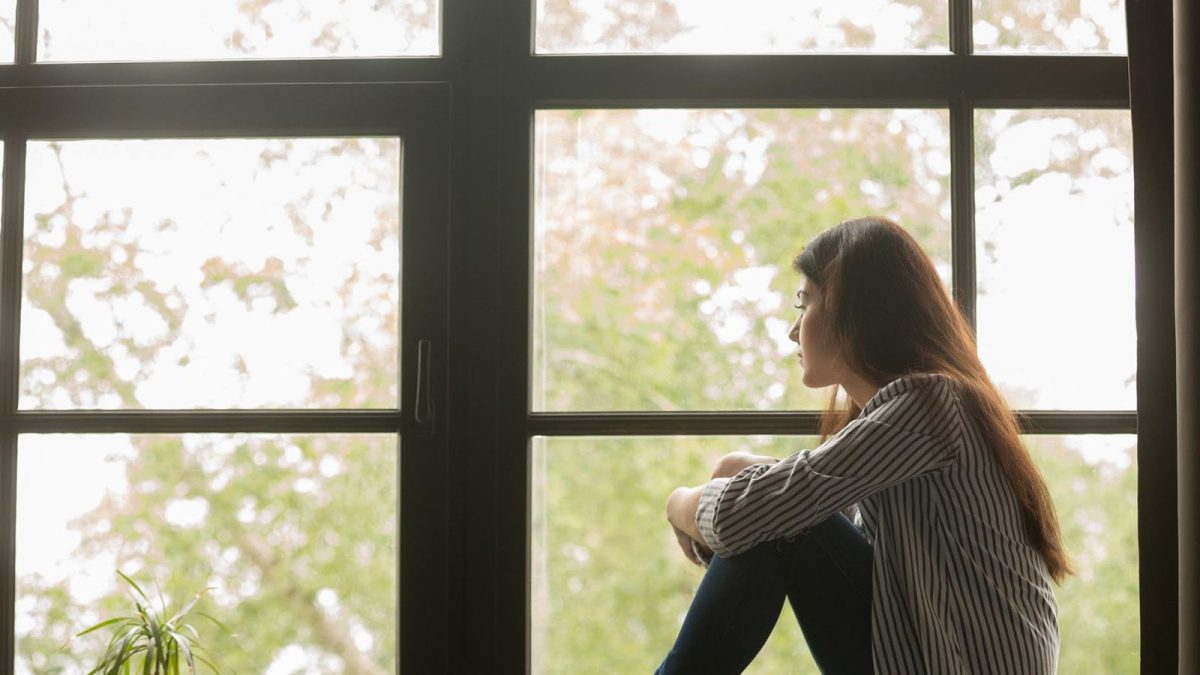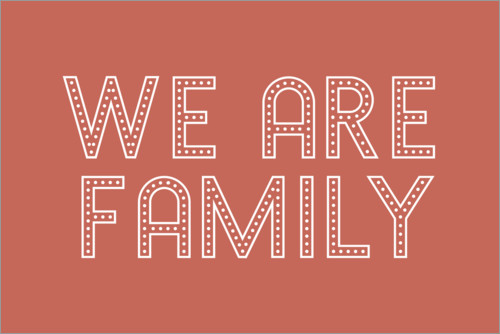Below is an article featured on the website of the British Association of Counsellors & Psychotherapists about loneliness in post Covid-19 times.
https://www.bacp.co.uk/news/news-from-bacp/2021/14-june-loneliness-as-covid-19-restrictions-ease/
Friends catching up in the pub for the first in a year; families reuniting after missing each other at Christmas; workmates enjoying seeing each other in person rather than via virtual meetings – the focus of the past few weeks and months has often been about COVID-19 social restrictions easing.
But that doesn’t mean that everyone is benefiting from this increase in socialising.
Lockdown brought a focus on loneliness with thoughts turning to those living alone or unable to see their families or friends because of restrictions.
But for some the increase of socialising may be bringing loneliness into the frame for them for a different reason. It’s more complicated than someone being alone.
Underestimated
Loneliness is an “underestimated” problem, says our member Jennifer Park, a London-based counsellor.
“For some people, there’s the loneliness when we don’t have people calling, when everyone is going out and they are not, “ says Jennifer, a north London based counsellor.
“During lockdown, everyone was in the same situation. But now, as we come out of those restrictions, there are those whose life isn’t changing. They are not going to have that hope and excitement.
“They may have already felt the pressure of loneliness of lockdown. But now that might feel even worse.
“There can be a sense of shame attached to these feelings of loneliness. People are often secretive about them. They can feel empty, alone and unwanted.”
Anxiety
For others their loneliness may be linked to anxiety about socialising again.
Jennifer adds: “This anxiety may emerge out of coming out lockdown. It’s a sense that everyone’s doing better than me. A feeling that I can’t connect in the same way. For some people that might feel like they are standing on the outside, looking in at everyone else. This social anxiety can lead to loneliness too.”
And, of course, there are others who may now be experiencing loneliness relating to something that has happened to them during the pandemic – perhaps the death of a loved one, the loss of a job, a decline in their health or something else.
“These people may be facing more isolation and change. They don’t know what comes next. The feeling of being ‘stuck’ can be chronic. There’s loneliness, and there’s isolation.”
Connection
But it’s not just people who are alone, who are lonely.
“People can be in a relationship or live with family and friends, and still feel lonely. They can be with other people – but if they don’t have that connection, there’s still loneliness.”
Feeling lonely can have a negative effect on your mental health and wellbeing. It can be associated with depression, anxiety, low self-esteem and stress, research has suggested.
And this brings Jennifer on to talking about therapy.
“We’re wired for human connection. If we don’t have that connection then we can feel lonely. It’s when we’re not being seen or being met.
“The connection in therapy hugely beneficial. It’s how therapy works. It’s all about the client being seen and heard. It’s what we do as therapists.”
As well as the connection, Jennifer describes how she can work with clients to help them come up with strategies that can help combat their loneliness. This is a lot more than just encouraging them to phone someone.
She adds: “Often the loneliness comes from a deeper issue or a response to lifetime experiences.
Root cause
“Everyone has different experiences and sees them through their own lens of life.
“A therapist can help someone get to the root cause of it.”
She also works with clients on the core beliefs they have about themselves.
“Some people may have a core belief that ‘I’m alone’ or ‘I don’t matter’. It’s about awareness of that belief, helping them to change that over time, alleviating that and showing them that connection is available to them.”
Breathing techniques and meditation can sometimes help when the connection the person is missing is actually connection themselves.
“Sometimes people need to be closer to themselves,” she adds, “to discover and connect to themselves too.”

